What Did The Cross Achieve
$9.99
A Classic Essay on Penal Substitutionary Atonement from Theologian J. I. Packer
Penal substitutionary atonement-the belief that Jesus’s death on the cross satisfied God’s wrath against sin-is central to the Christian faith, but frequently debated. Is it just to punish an innocent person in place of the guilty? How can the temporary death of one substitute for the eternal death of many? Why doesn’t the cross grant Christians unlimited permission to sin?
In this famous essay, late theologian J. I. Packer analyzes Scripture and the works of early Reformers to defend the truth of Christ’s substitutionary suffering and death, the heart of the Christian gospel. Considered one of the most significant short works on penal substitutionary atonement from the 20th century, this careful, concise essay has influenced prominent theologians and is essential reading for students, pastors, and laypeople.
*From Renowned Theologian J. I. Packer: This work was originally delivered as a Tyndale Biblical Theology Lecture
*Part of the Crossway Short Classics Series: Other titles include The Lord’s Work in the Lord’s Way and No Little People; The Life of God in the Soul of Man; and Fighting for Holiness
*Includes a Foreword by Mark Dever
SKU (ISBN): 9781433590504
ISBN10: 1433590506
J. I. Packer
Binding: Trade Paper
Published: August 2023
Crossway Short Classics
Publisher: Crossway Books/ Good News Publishers
Related products
-
All Things New Study Guide (Student/Study Guide)
$10.99Add to cartAll Things New is a revolutionary four-session video Bible study built on a simple idea: heaven is not the eternal church service in the sky. It is, in fact, not religious at all. Jesus referred to the next chapter of our story as “the renewal of all things” (Matthew 19:28). This means, literally, the renewal of the earth we love in all its beauty, the renewal of our own being, and the renewal of all those things that make for a rich life-music, art, food, laughter. All that we hold dear shall be renewed.
Most Christians (and most people, for that matter) do not really look forward to their future because their views of heaven are vague, religious, and appallingly boring. Our hope begins to surge when we understand that for the believer nothing is lost. Heaven is not a life in the clouds; it is not unending worship services with singing. Rather, the life we long for-the paradise Adam and Eve knew-is precisely the life that is coming to us. And coming soon.
This study begins with a reframing of what “heaven” actually looks like. God does not say, “I am making all new things,” He says, “Behold-I am making all things new!” (Revelation 21:5). Familiar religious conceptions of heaven are gently dismantled, and the participant is invited into a new way of conceiving of their after-life. Imagery from fairy tales, books, and famous movies such as The Lord of the Rings is used to illustrate what “happily ever after” means in tangible, accessible, and-most important-desirable terms.As C.S. Lewis said, “We can only hope for what we desire.” The life we have been longing for is actually the very life that is about to be ours. The imminence of the coming kingdom of God is also clarified; living with an eager expectation of Christ’s return is the practical power of the Christian life.

 Honey From The Rock
Honey From The Rock
 Healed By Grace 2 (DVD)
Healed By Grace 2 (DVD)
 In The Name Of God (DVD)
In The Name Of God (DVD)
 Greatest Creation : A Book About The Beginning
Greatest Creation : A Book About The Beginning
 Mr. Nobodys Shenanigans
Mr. Nobodys Shenanigans
 Hear Gods Voice
Hear Gods Voice
 Hostile Intent
Hostile Intent
 Dignity Revolution : Reclaiming Gods Rich Vision For Humanity
Dignity Revolution : Reclaiming Gods Rich Vision For Humanity
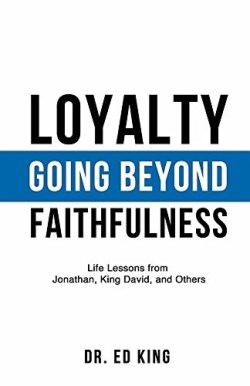 Loyalty : Going Beyond Faithfulness
Loyalty : Going Beyond Faithfulness
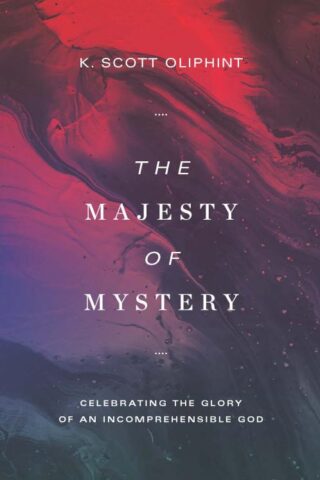 Majesty Of Mystery
Majesty Of Mystery
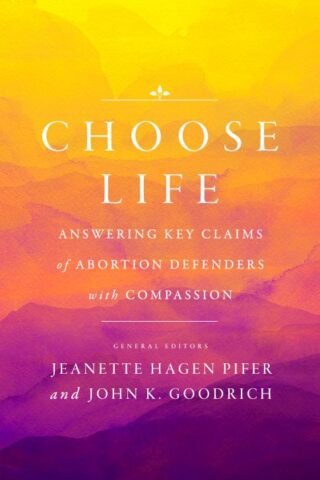 Choose Life : Answering Key Claims Of Abortion Defenders With Compassion
Choose Life : Answering Key Claims Of Abortion Defenders With Compassion
 Ben Hur
Ben Hur
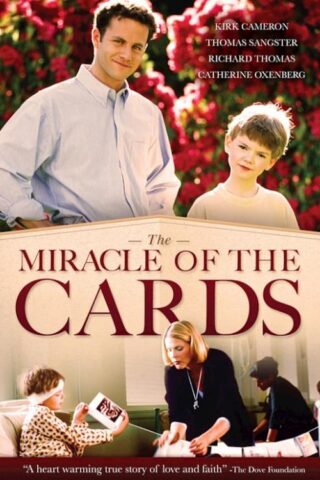 Miracle Of The Cards (DVD)
Miracle Of The Cards (DVD)
 Discover 11 : Bible Notes For Young People (Student/Study Guide)
Discover 11 : Bible Notes For Young People (Student/Study Guide)
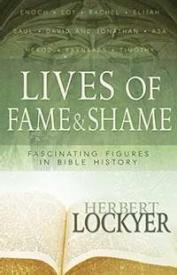 Lives Of Fame And Shame
Lives Of Fame And Shame
 Ama Como Si Nunca Te Hubieran - (Spanish)
Ama Como Si Nunca Te Hubieran - (Spanish)
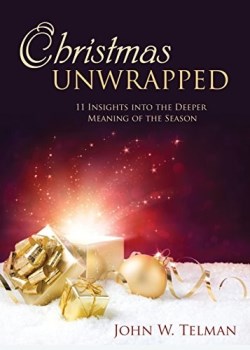 Christmas Unwrapped : 11 Insights Into The Deeper Meaning Of The Season
Christmas Unwrapped : 11 Insights Into The Deeper Meaning Of The Season
 My Wynter Season
My Wynter Season
 Me I Can Make A Positive Difference
Me I Can Make A Positive Difference
 Haunted Houses Ghosts And Demons
Haunted Houses Ghosts And Demons
 Evaluating Your Friendship Skills
Evaluating Your Friendship Skills
 Serve Your City Leaders Guide (Teacher's Guide)
Serve Your City Leaders Guide (Teacher's Guide)
 Como Caminar En Poder Sobrenat (Student/Study Guide) - (Spanish) (Student/Study
Como Caminar En Poder Sobrenat (Student/Study Guide) - (Spanish) (Student/Study
 Once Upon A Dream
Once Upon A Dream
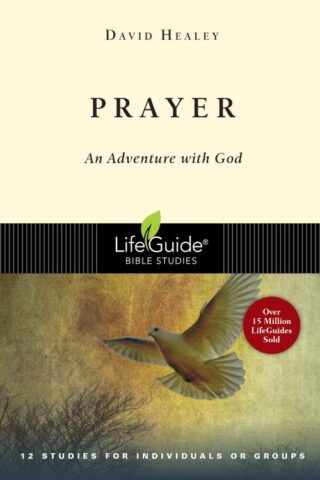 Prayer : An Adventure With God (Student/Study Guide)
Prayer : An Adventure With God (Student/Study Guide)
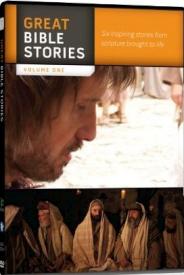 Great Bible Stories 1 (DVD)
Great Bible Stories 1 (DVD)
 XTB Easter Unscrambled
XTB Easter Unscrambled
 Mary Chosen Of God
Mary Chosen Of God
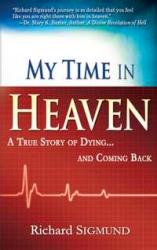 Mi Tiempo En Cielo - (Spanish)
Mi Tiempo En Cielo - (Spanish)
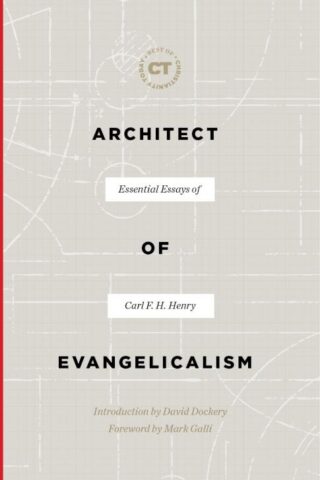 Architect Of Evangelicalism
Architect Of Evangelicalism
 Experiencing God Together
Experiencing God Together
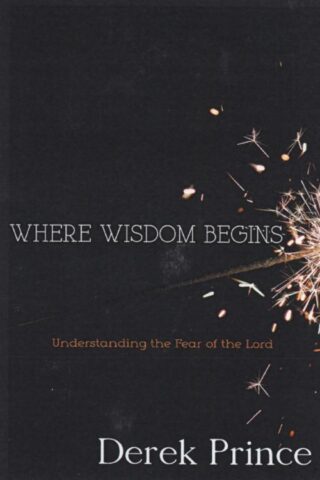 Where Wisdom Begins
Where Wisdom Begins
 Come Down Somewhere
Come Down Somewhere
 Amish Greenhouse Mysteries
Amish Greenhouse Mysteries
 Holy Spirit In You (Expanded)
Holy Spirit In You (Expanded)
 When Healing Doesnt Come Easily
When Healing Doesnt Come Easily
 Davey And Goliath Box Set Complete Collection (DVD)
Davey And Goliath Box Set Complete Collection (DVD)
 Milo The Klepto
Milo The Klepto
 Gods Not Dead 2 Adult Study Guide (Student/Study Guide)
Gods Not Dead 2 Adult Study Guide (Student/Study Guide)
 God Is Really Good
God Is Really Good
 Claras Ultimate Christmas (DVD)
Claras Ultimate Christmas (DVD)
 Fearless : Standing Firm When The Going Gets Tough
Fearless : Standing Firm When The Going Gets Tough
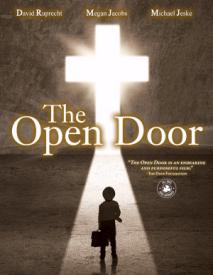 Open Door (DVD)
Open Door (DVD)
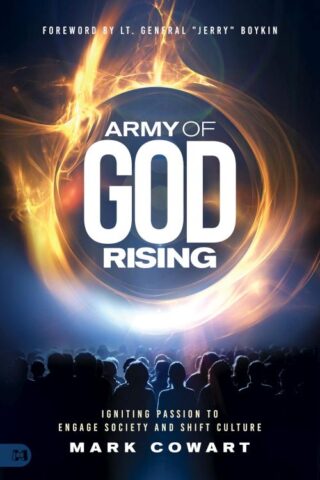 Army Of God Rising
Army Of God Rising
 Discover 5 : Bible Notes For Young People (Student/Study Guide)
Discover 5 : Bible Notes For Young People (Student/Study Guide)
 Thanks For Little Things
Thanks For Little Things
 Notetaking Bible
Notetaking Bible
 Praise Is My Weapon
Praise Is My Weapon
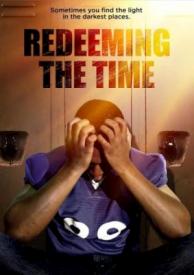 Redeeming The Time (DVD)
Redeeming The Time (DVD)
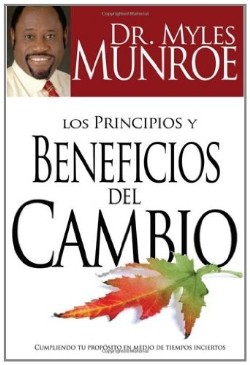 Principios Y Beneficios Del Ca - (Spanish)
Principios Y Beneficios Del Ca - (Spanish)
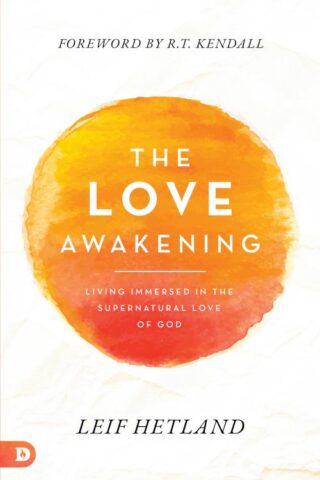 Love Awakening : Living Immersed In The Supernatural Love Of God
Love Awakening : Living Immersed In The Supernatural Love Of God
 On The Edge Of Incredible
On The Edge Of Incredible
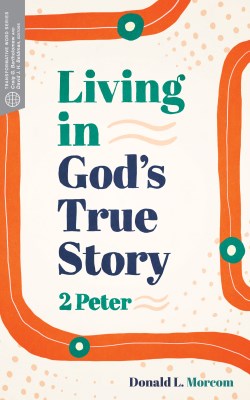 Living In Gods True Story
Living In Gods True Story
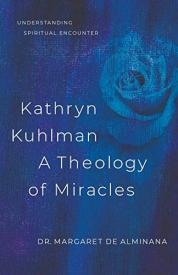 Kathryn Kuhlman A Theology Of Miracles
Kathryn Kuhlman A Theology Of Miracles
 Bible By Jesus
Bible By Jesus
 XTB Issue 8
XTB Issue 8
 What Katy Did (DVD)
What Katy Did (DVD)



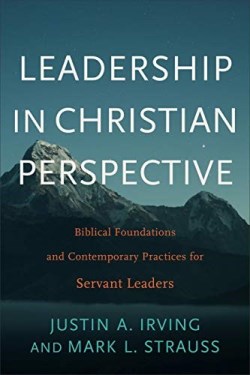



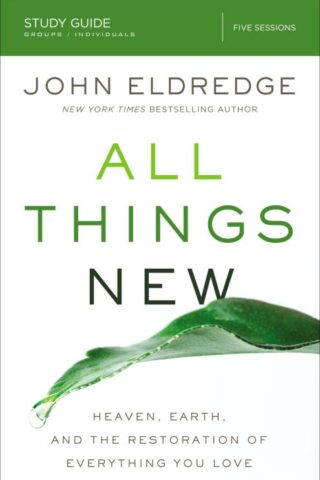


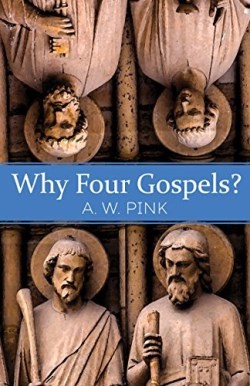




Reviews
There are no reviews yet.